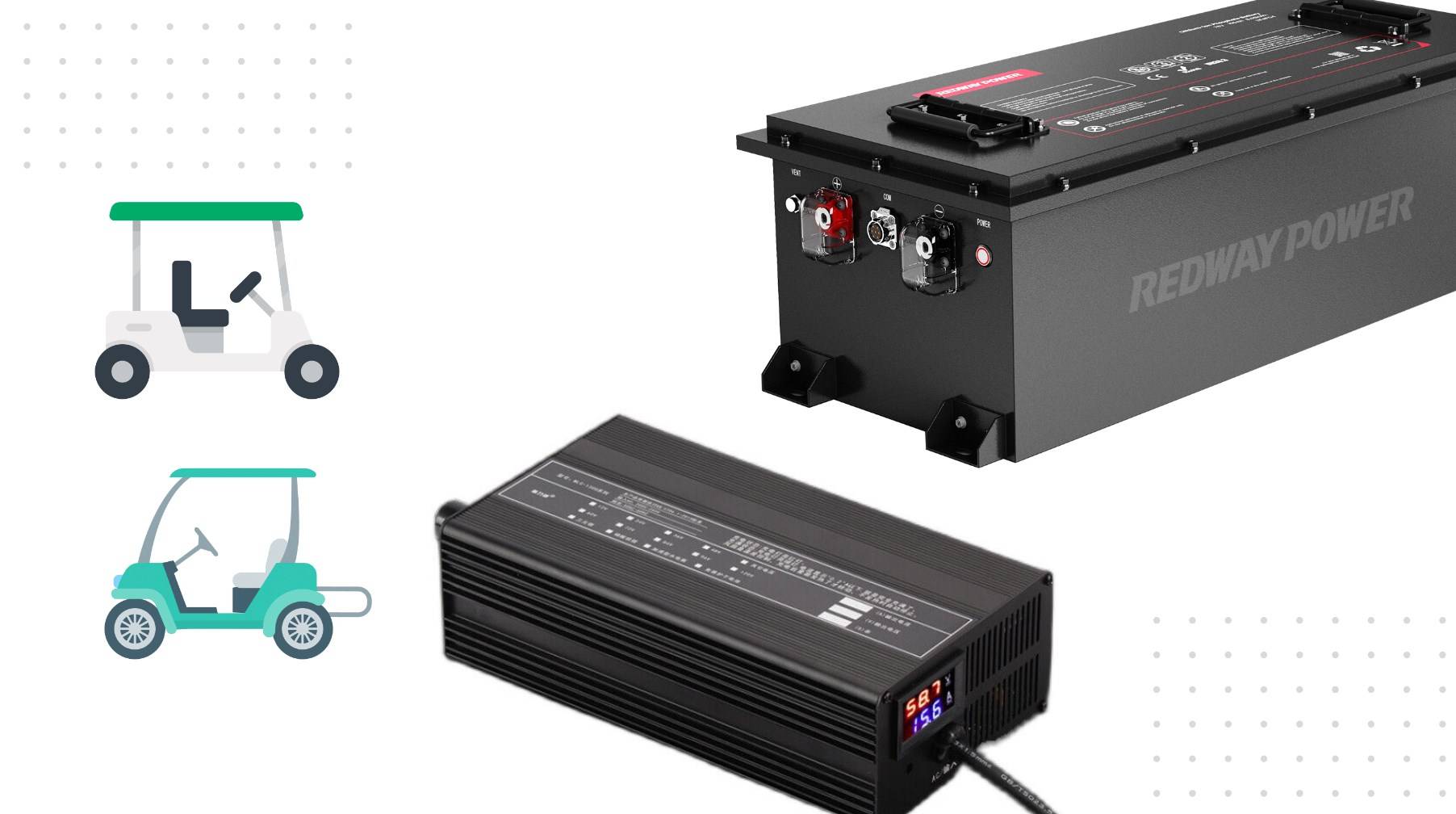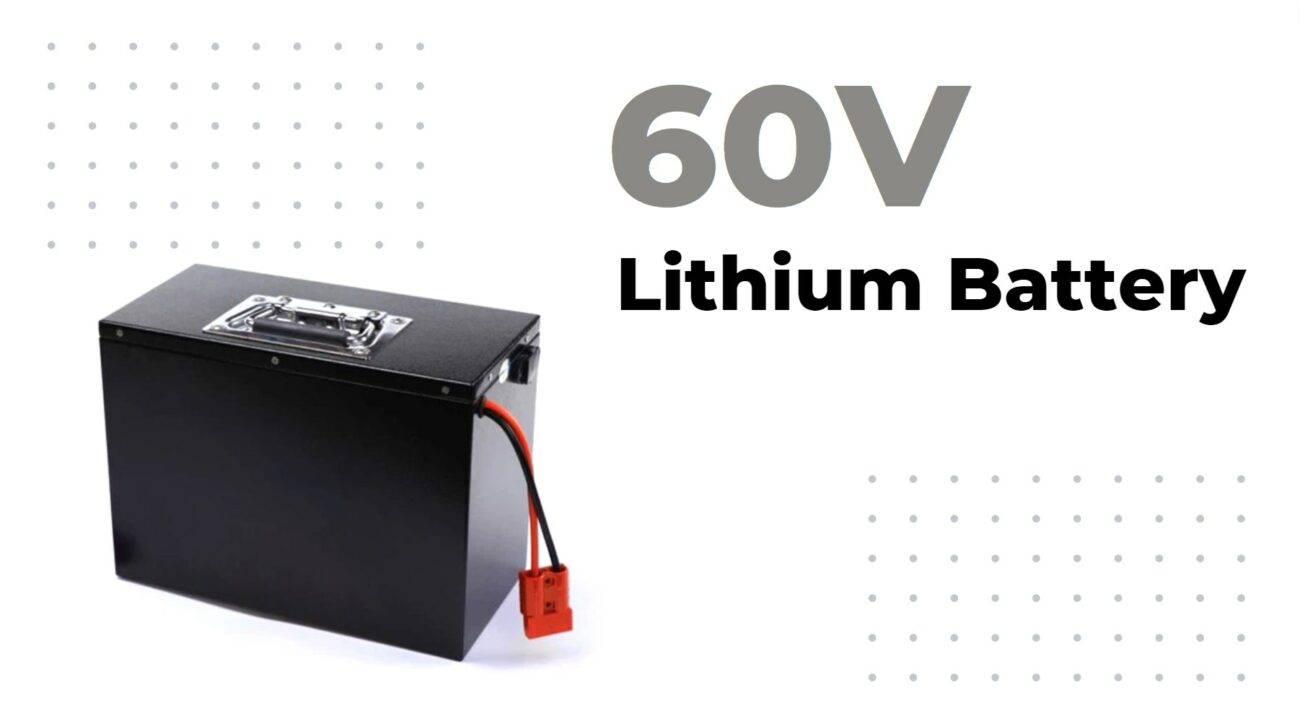- Forklift Lithium Battery
-
48V
- 48V 210Ah
- 48V 300Ah
- 48V 420Ah (949 x 349 x 569 mm)
- 48V 420Ah (950 x 421 x 450 mm)
- 48V 456Ah
- 48V 460Ah (830 x 630 x 590 mm)
- 48V 460Ah (950 x 421 x 450 mm)
- 48V 460Ah (800 x 630 x 600 mm)
- 48V 460Ah (820 x 660 x 470 mm)
- 48V 500Ah
- 48V 560Ah (810 x 630 x 600 mm)
- 48V 560Ah (950 x 592 x 450 mm)
- 48V 600Ah
- 48V 630Ah
-
48V
- Lithium Golf Cart Battery
- 12V Lithium Battery
12V 150Ah Lithium RV Battery
Bluetooth App | BCI Group 31
LiFePO4 Lithium
Discharge Temperature -20°C ~ 65°C
Fast Charger 14.6V 50A
Solar MPPT Charging - 24V Lithium Battery
- 36V Lithium Battery
- 48V Lithium Battery
-
48V LiFePO4 Battery
- 48V 50Ah
- 48V 50Ah (for Golf Carts)
- 48V 60Ah (8D)
- 48V 100Ah (8D)
- 48V 100Ah
- 48V 100Ah (Discharge 100A for Golf Carts)
- 48V 100Ah (Discharge 150A for Golf Carts)
- 48V 100Ah (Discharge 200A for Golf Carts)
- 48V 150Ah (for Golf Carts)
- 48V 160Ah (Discharge 100A for Golf Carts)
- 48V 160Ah (Discharge 160A for Golf Carts)
-
48V LiFePO4 Battery
- 60V Lithium Battery
-
60V LiFePO4 Battery
- 60V 20Ah
- 60V 30Ah
- 60V 50Ah
- 60V 50Ah (Small Size / Side Terminal)
- 60V 100Ah (for Electric Motocycle, Electric Scooter, LSV, AGV)
- 60V 100Ah (for Forklift, AGV, Electric Scooter, Sweeper)
- 60V 150Ah (E-Motocycle / E-Scooter / E-Tricycle / Tour LSV)
- 60V 200Ah (for Forklift, AGV, Electric Scooter, Sweeper)
-
60V LiFePO4 Battery
- 72V~96V Lithium Battery
- Rack-mounted Lithium Battery
- E-Bike Battery
- All-in-One Home-ESS
- Wall-mount Battery ESS
-
Home-ESS Lithium Battery PowerWall
- 24V 100Ah 2.4kWh PW24100-S PowerWall
- 48V 50Ah 2.4kWh PW4850-S PowerWall
- 48V 50Ah 2.56kWh PW5150-S PowerWall
- 48V 100Ah 5.12kWh PW51100-F PowerWall (IP65)
- 48V 100Ah 5.12kWh PW51100-S PowerWall
- 48V 100Ah 5.12kWh PW51100-H PowerWall
- 48V 200Ah 10kWh PW51200-H PowerWall
- 48V 300Ah 15kWh PW51300-H PowerWall
PowerWall 51.2V 100Ah LiFePO4 Lithium Battery
Highly popular in Asia and Eastern Europe.
CE Certification | Home-ESS -
Home-ESS Lithium Battery PowerWall
- Portable Power Stations
What Should You Know About the Best 72V Lithium Ion Battery Charger?

The best 72V lithium-ion battery charger ensures efficient charging while protecting battery life through advanced safety features. High-quality chargers like the Tenergy and iCharger are recommended for their reliability and performance, making them ideal choices for various applications.
What Is the Best 72V Lithium Ion Battery Charger?
When seeking the best 72V lithium-ion battery charger, options like the Tenergy 72V Charger stand out due to their efficient design that ensures quick charging times while safeguarding against overcharging. Other notable mentions include the iCharger 208B, known for its programmable settings, and the Soneil Smart Charger, which excels in safety features.Chart: Comparison of Top Chargers
| Charger Model | Output Current | Key Features |
|---|---|---|
| Tenergy 72V | Up to 10A | Overcharge protection |
| iCharger 208B | Adjustable | Programmable settings, cooling fan |
| Soneil Smart Charger | Up to 5A | Multi-stage charging |
Why Is It Important to Use a High-Quality Charger?
Using a high-quality charger is crucial for maximizing the performance and lifespan of your 72V lithium-ion battery. Poor chargers can lead to inefficient charging cycles, resulting in reduced battery life and potential safety hazards such as overheating or failure.
What Factors Should You Consider When Choosing a 72V Charger?
Several factors are essential when selecting a 72V lithium-ion battery charger:
- Output Voltage and Current Ratings: Ensure compatibility with your battery specifications.
- Charging Speed: Faster chargers save time but may impact long-term health if too aggressive.
- Safety Features: Look for overcharge protection, temperature control, and short-circuit safeguards.
Chart: Key Factors Overview
| Factor | Importance |
|---|---|
| Output Ratings | Must match battery specifications |
| Charging Speed | Affects convenience and battery health |
| Safety Features | Essential for preventing accidents |
What Are the Top Picks for 72V Lithium Ion Battery Chargers?
The top picks for reliable 72V lithium-ion battery chargers include:
- Tenergy 72V Charger: Known for its efficiency and safety features.
- iCharger 208B: Offers advanced programmability and cooling mechanisms.
- Nitecore D4: A budget-friendly option with versatility across different battery types.
How Do Features and Benefits Impact Charger Performance?
The features of a charger significantly impact its performance and user experience. Chargers equipped with built-in protections against overcharging, short-circuiting, and overheating are essential for prolonging battery life. Additionally, LED indicators provide real-time feedback on charge status, enhancing convenience.
What Is the Typical Charging Time for 72V Lithium Ion Batteries?
Typical charging times for 72V lithium-ion batteries can vary based on the charger’s output current and the battery’s capacity. For instance, a charger with a current rating of 10A may fully charge a 40Ah battery in approximately four hours under optimal conditions.
How Do Different Chargers Compare in Terms of Safety Features?
Safety features are paramount when comparing different chargers. High-quality chargers typically include:
- Overcharge Protection: Prevents damage from excessive voltage.
- Temperature Control: Monitors heat levels to avoid overheating.
- Short-Circuit Protection: Safeguards against electrical faults.
Chart: Safety Features Comparison
| Feature | Importance |
|---|---|
| Overcharge Protection | Prevents battery damage |
| Temperature Control | Ensures safe operating conditions |
| Short-Circuit Protection | Reduces risk of electrical fires |
What Are the Common Applications for 72V Lithium Ion Batteries?
Common applications for 72V lithium-ion batteries include electric vehicles, e-bikes, solar power systems, and industrial equipment. Their high energy density makes them suitable for demanding applications where weight and space are critical factors.
How Does Battery Chemistry Affect Charger Selection?
Battery chemistry plays a significant role in charger selection since different chemistries (like LiFePO4 vs. Li-ion) require specific charging profiles to ensure safety and efficiency. Always verify compatibility between your charger and battery type to avoid damage.
What Maintenance Tips Can Extend Charger Lifespan?
To extend the lifespan of your charger:
- Keep it Clean: Regularly check for dust or debris that could affect performance.
- Store Properly: Avoid exposing it to extreme temperatures or moisture.
- Use as Directed: Follow manufacturer guidelines regarding usage limits.
How Do Environmental Conditions Impact Charging Efficiency?
Environmental conditions such as temperature can significantly impact charging efficiency; extreme cold can slow down charging rates while excessive heat can lead to overheating issues. Optimal charging conditions typically range from room temperature (20°C to 25°C).Expert Views“Selecting the right charger is pivotal not only for ensuring efficient energy transfer but also for safeguarding your investment in lithium-ion technology,” states Dr. Alex Thompson, an expert in battery technology. “High-quality chargers with robust safety features significantly enhance both performance and longevity.”FAQ Section
- What should I look for in a good charger?
Look for output ratings that match your battery specifications, safety features like overcharge protection, and compatibility with various lithium-ion chemistries. - Can I use any charger for my 72V lithium-ion battery?
No, it’s crucial to use a charger specifically designed for your battery’s voltage and chemistry to avoid damage or safety hazards. - How long does it take to charge a typical 72V battery?
Charging time varies but typically ranges from four to eight hours depending on the charger’s output current and battery capacity. - Are there risks associated with using low-quality chargers?
Yes, low-quality chargers can lead to inefficient charging cycles, reduced battery lifespan, overheating, or even fire hazards. - What maintenance is required for my charger?
Regularly clean it from dust, store it properly away from extreme temperatures, and follow usage guidelines provided by the manufacturer.














